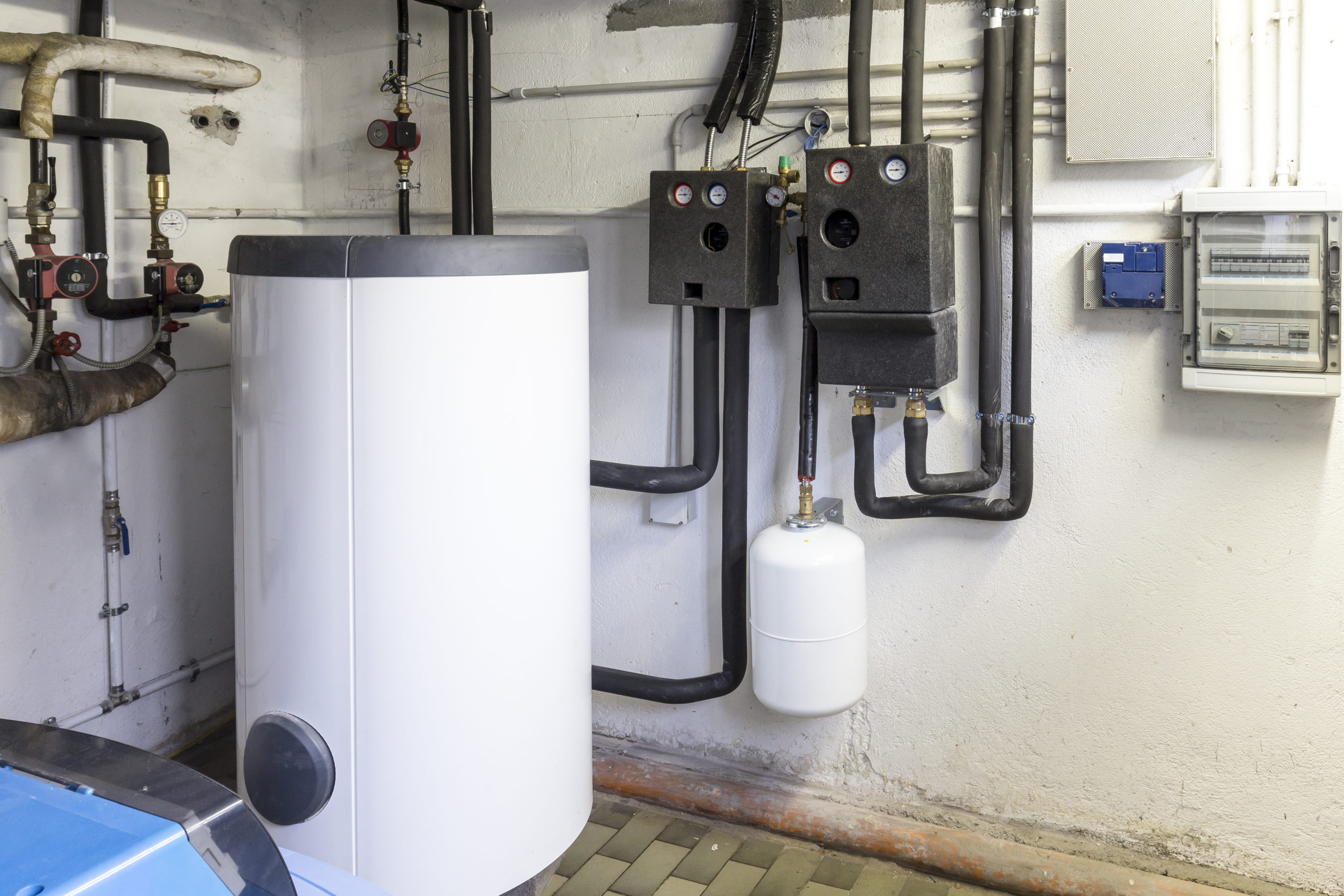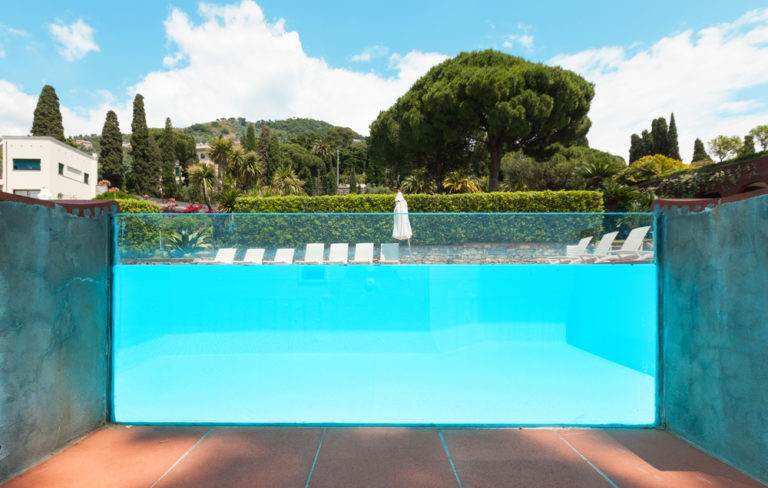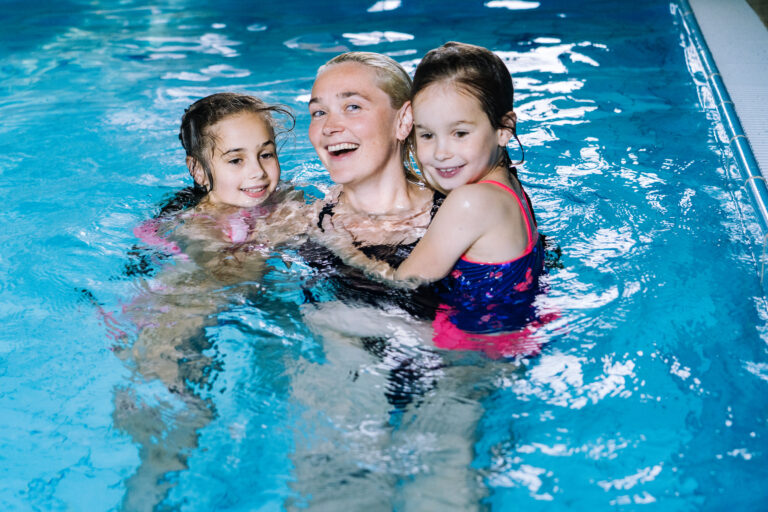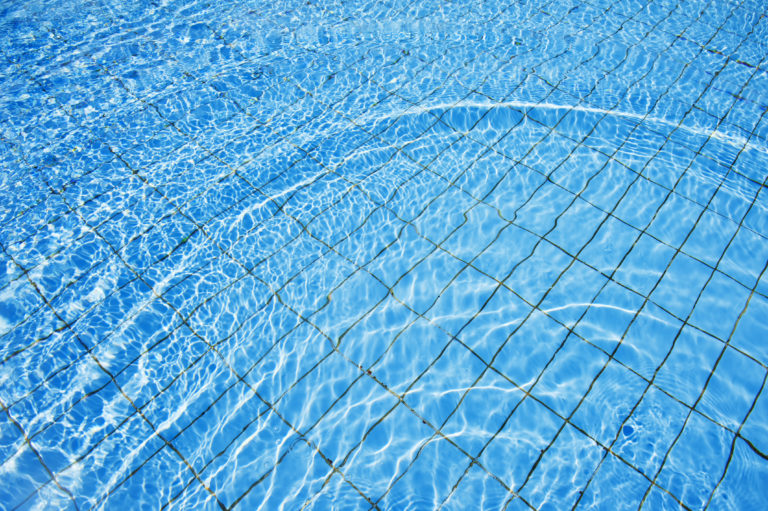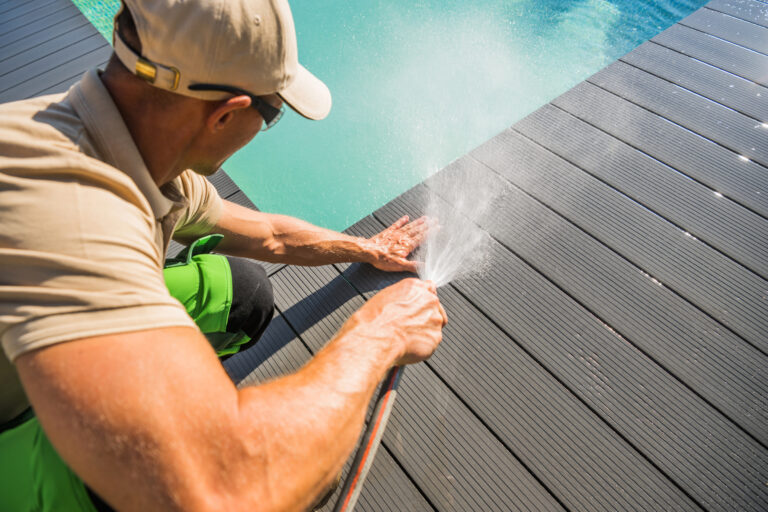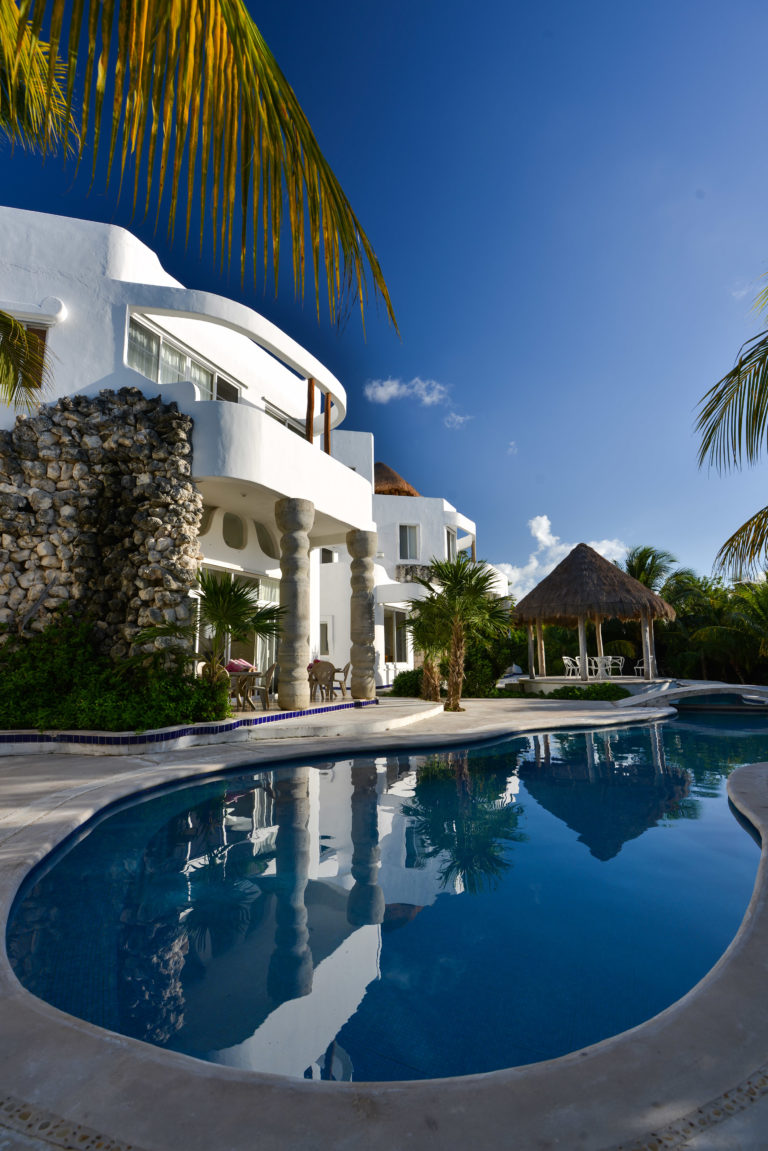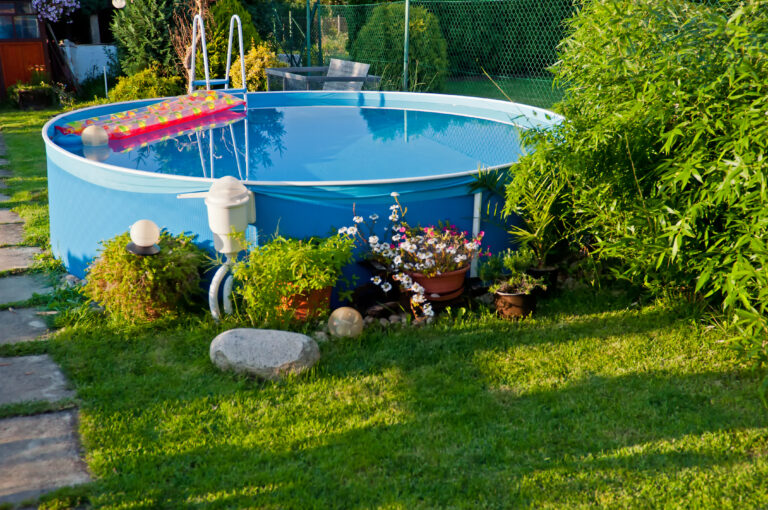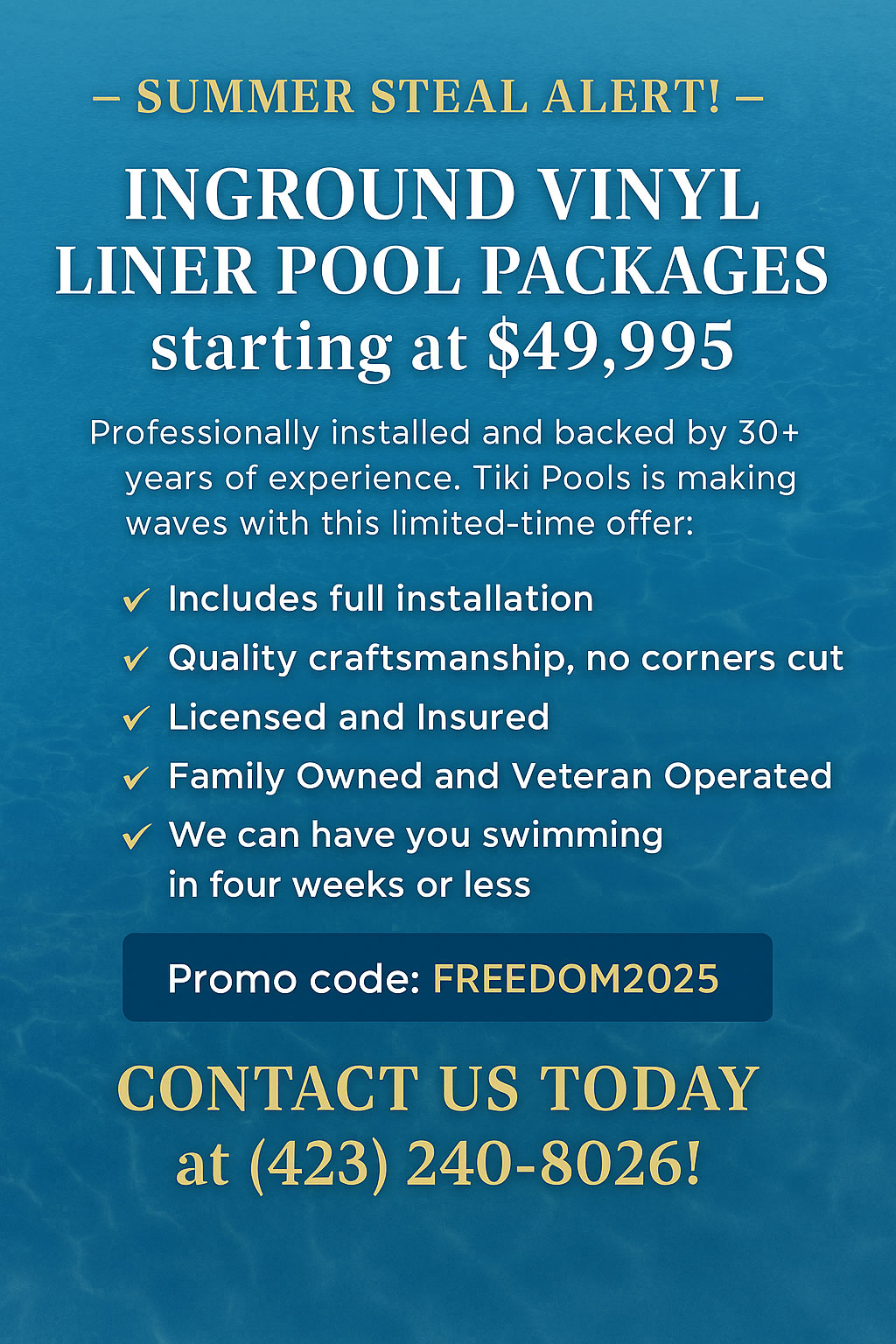Understanding Pool Heating Options From Solar to Heat Pumps
You’re on the hunt for the perfect pool heater, but you’re unsure where to start. It’s a jungle out there – solar heaters, heat pumps – which one’s right for you? We’ve got your back!
In this article, we’ll break down the ins and outs of these heating options. You’ll learn about their costs, efficiency, maintenance needs and more.
Dive in and let’s figure out the best way to keep your pool warm all year round.
Overview of Different Pool Heating Options
Let’s dive right into the various pool heating options, from solar to heat pumps, that you’ve got to consider. The sun’s free energy is harnessed through solar panels for your swimming pleasure, making it an eco-friendly option. On the other hand, a heat pump uses electricity to extract warmth from the air or ground and amplify it for your pool.
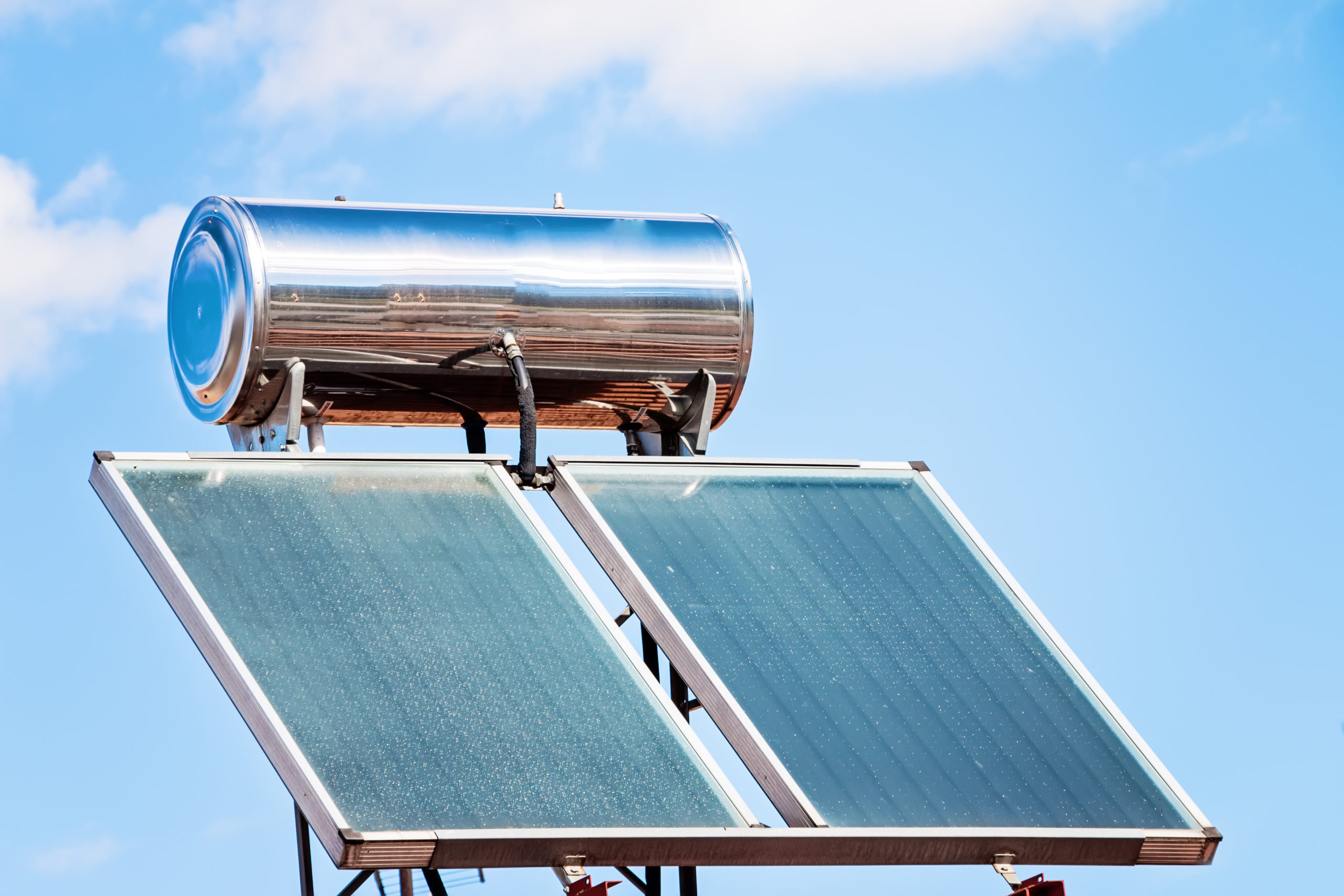
Now let’s talk about ‘Pool Insulation Options.’ Remember, heating your pool isn’t just about adding heat; it’s also crucial to retain it. Pool covers are a simple but effective way of reducing overnight heat loss. They act as insulation by trapping the day’s warmth.
‘Heat Retention Techniques’ play an integral part too in maintaining a comfortable water temperature. Use windbreaks around your pool area like fences or plantings since wind speeds up evaporation and heat loss. Additionally, strategically timing when you run your heater can help with retention, such as only running it during off-peak hours when air temps are cooler.
Remember: Choosing the most appropriate heating method depends on many factors such as local climate and budget considerations. It’s not one-size-fits-all!
Delving Into the Details of Solar Pool Heaters
You’re probably wondering how efficient solar heaters really are, aren’t you?
Well, let’s delve into that and explore not only the efficiency aspect of solar pool heaters but also their installation process.
We’ll also discuss the maintenance needed to keep these eco-friendly heating options running smoothly.
Solar Heaters Efficiency”
While it’s true that solar heaters are eco-friendly, they might not be the most efficient option for your pool if you live in an area with limited sunlight. Recent ‘Solar Panels Advancements’ have improved efficiency, but several ‘Efficiency Variables’ still affect their performance.
| Factors | Emotional Response |
| Limited Sunlight | Frustration over inefficiency |
| High Initial Costs | Anxiety about investment |
| Long Payback Periods | Impatience waiting for returns |
| Dependency on Weather | Uncertainty and inconsistency |
Despite these concerns, don’t dismiss solar heaters just yet. If you’re committed to sustainable living, they can still be a viable choice. Remember, every situation is unique and yours may favor solar heating despite its limitations. Research thoroughly before making a decision; it’s about finding what works best for you and your pool.
Installation and Maintenance
It’s crucial to consider the installation and maintenance requirements of your chosen heating system. These factors will add to the overall cost and affect its long-term efficiency.
The installation process can be intricate, depending on the type of heater you opt for. It’s recommended to have a professional handle the installation to avoid compromising your heating efficiency.
Maintenance is also key in ensuring optimal performance of your pool’s heating system. Regular check-ups help identify issues early enough before they escalate into big problems that might necessitate costly interventions. It’s important to note that ignoring regular maintenance could void your warranty.
Unpacking the Mechanics of Heat Pumps
Let’s delve into how heat pumps work, as they’re a popular choice for pool heating. They operate by extracting warmth from the surrounding air or ground and transferring it to your pool water. The pump’s energy source is predominantly electricity but don’t be deterred; they’re incredibly efficient, providing up to five times more heat energy than they consume in electrical power.
Heat pumps can have a lower environmental impact compared to gas heaters since they use renewable heat sources and require less energy overall. However, the actual environmental footprint depends on your local electricity grid mix.
Here’s a quick overview for you:
| Factor | Heat Pump
| Energy Source | Primarily Electricity |
| Efficiency Ratio | Up to 5:1 |
| Environmental Impact | Lower (depending on local grid mix) |
| Operating Principle | Heat Transfer |
Comparing Costs and Efficiency: Solar Vs Heat Pumps
You’re probably wondering about the difference in costs and efficiency between these two popular options, aren’t you? Let’s break it down:
– Solar:
– Cost: Although solar heaters have a higher initial cost, they are cheaper in the long run as sunlight is free! You’ll start noticing the savings after a few years.
– Efficiency: The efficiency of a solar heater is dependent on sunny days. So, their seasonal performance is excellent during summer but can decrease when it’s cloudy or winter.
– Environmental impact: Solar heaters win hands down here. They use renewable energy and emit zero greenhouse gases.
– Heat Pumps:
– Cost: Heat pumps have lower upfront costs than solar heaters. However, they cause ongoing expenses as they consume electricity.
– Efficiency: Unlike solar heaters, heat pumps provide consistent heating regardless of season or weather condition.
– Environmental impact: Although more efficient than traditional heaters, heat pumps still consume power contributing to greenhouse gas emissions.
So whether you choose a solar heater or a heat pump depends largely on your budget, where you live, and how green you want to be!
Maintenance and Lifespan: What to Expect?
When it comes to maintenance and lifespan, there’s a bit to unpack for these two systems. Let’s dive into it.
Firstly, your solar pool heating system has a potential lifespan of up to 20 years with proper maintenance. However, you should consider occasional heater upgrades to keep the system efficient and effective. Now, cleaning is simple – just remove any debris from the panels regularly.
On the other hand, heat pumps require more attention but boast a slightly longer life expectancy of 10-15 years. Regular check-ups by professionals are advised to ensure optimal function and energy savings. Don’t forget: timely heater upgrades are crucial here too!
It’s important that you prioritize energy savings while maintaining both systems. Efficient use will save you money in the long run and extend their respective lifespans.
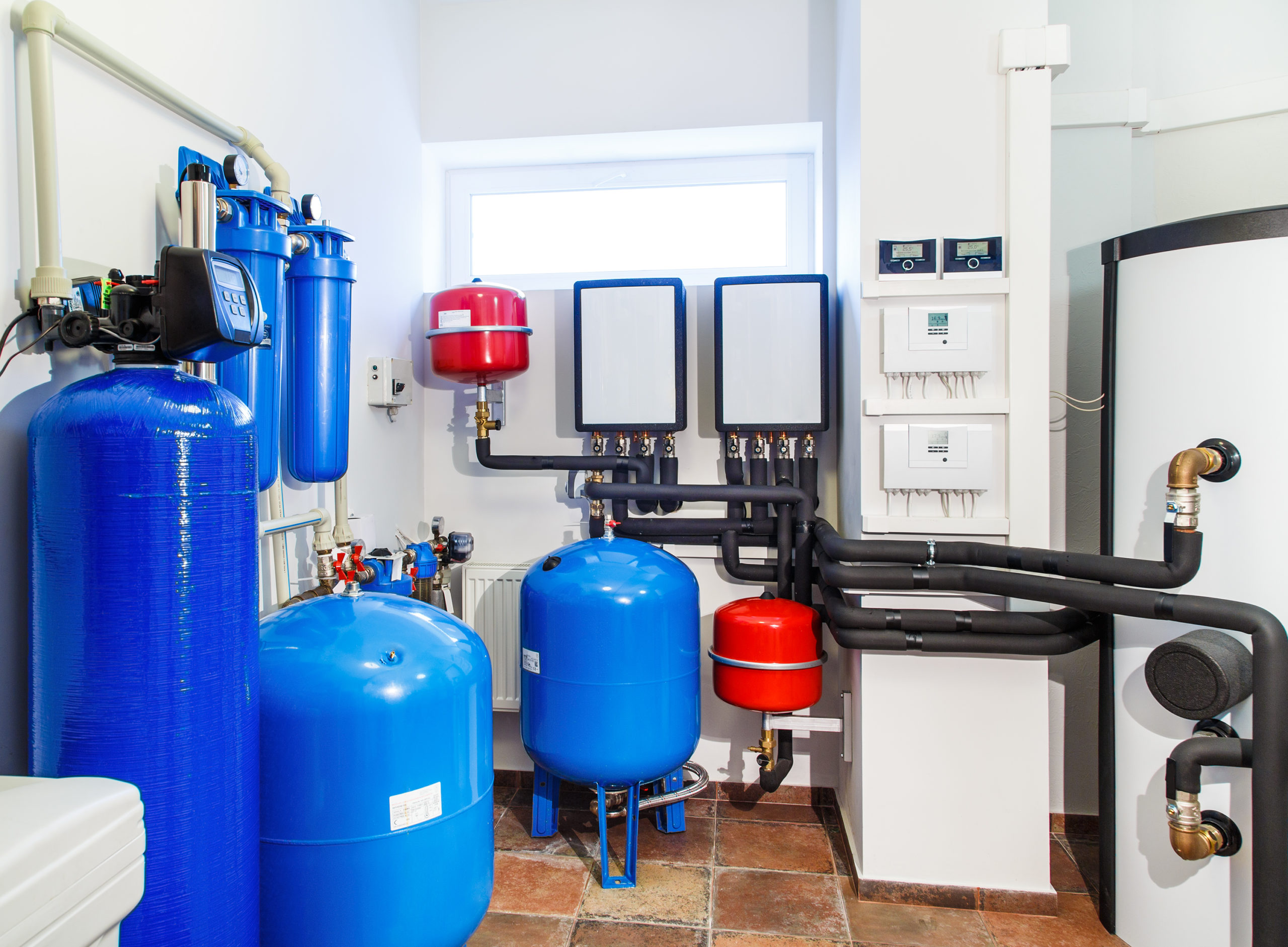
Making the Decision: Factors to Consider
Deciding between these two pool heating options isn’t always straightforward, as it depends on several factors. You’ve got to weigh the pros and cons, considering not just your budget, but also environmental concerns.
* Climate Impact: Solar heaters are eco-friendly and use renewable energy from the sun. Heat pumps, however, although efficient, rely on electricity which might be produced from non-renewable sources.
* Energy Consumption: A solar heater consumes less energy compared to a heat pump – it’s basically free once you’ve installed it! But remember that its effectiveness can fluctuate with weather changes. On the other hand, heat pumps provide consistent output regardless of weather conditions but will boost up your electricity bill.
* Location: If you’re in a region with ample sunlight throughout the year, then a solar heater would be ideal. For regions with chillier climates or less sunshine, a heat pump might serve you better.
So don’t rush into a decision. Take some time to consider all these aspects carefully before picking out what suits your needs best in terms of climate impact and energy consumption.
Frequently Asked Questions
How Can I Heat My Pool in the Winter?
You can heat your pool in the winter through efficient winter maintenance. Using a heat pump, you’ll maintain a comfortable temperature. Or opt for solar heating-it’s eco-friendly and reduces energy costs.
What Are Some Common Problems With Pool Heating Systems?
Common problems with pool heating systems can include high maintenance costs and decreased system efficiency. You might face issues like heat loss, mechanical failures, or the system not reaching desired temperatures.
Is It Possible to Install a Pool Heating System on My Own?
Yes, it’s possible to install a pool heating system on your own. However, consider installation costs and necessary tools before starting. It’s often safer and more efficient to hire a professional installer.
What Are the Environmental Impacts of Using a Pool Heater?
When using a pool heater, you’re increasing your carbon footprint due to energy consumption. However, choosing energy-efficient options like solar heaters can significantly reduce environmental impacts. It’s about finding the balance that suits you best.
Can Pool Heaters Be Used for Pools of Any Size?
Yes, you can use pool heaters for any size pool. However, it’s crucial to consider energy efficiency and heater maintenance. Larger pools might require more energy and upkeep, so choose your heating system wisely.

